Rare and high-quality Indonesian coffee with floral scent the flavor of Indonesia Sulawesi Tuoja coffee producing area
Professional coffee knowledge exchange more coffee bean information please follow the coffee workshop (Wechat official account cafe_style)
Indonesian coffee is popular with coffee gluttons for its herbal, spicy, mellow and low-sour coffee flavor. Is this the flavor of all coffee beans grown in Indonesia? No, the coffee beans from the Indonesian island of Sulawesi have a bright sour flavor and a more layered sense compared with the coffee beans from Sumatra, Indonesia.
Sulawesi Sulawesi
Formerly known as Celebes, Sulawesi is one of the oldest islands in the archipelago, exposing rocks for more than a million years. Soils like yellowish-red ash are found in coffee-producing areas. These soils often have several layers of clay beneath the surface, which are rich in iron. The most famous producing area is in the high mountains of Toraja in the south of Sulawesi.
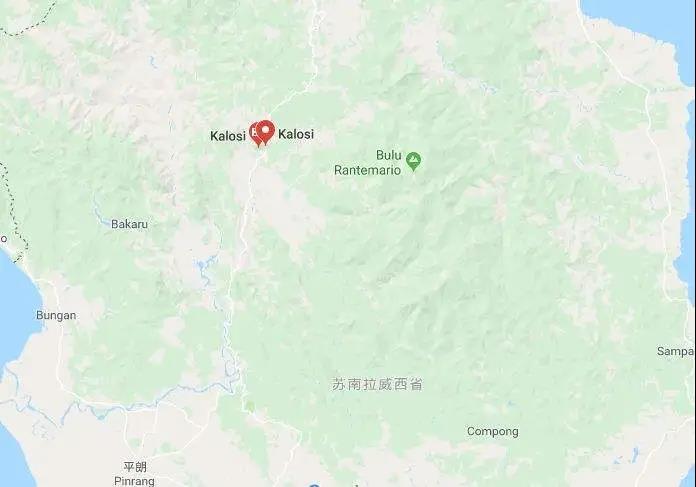
Toraja Toraja
Toraja is not a place name, a city name, nor a variety name, but a people who are good at growing coffee in the mountains of central Suviras. it is also the name of the island's boutique beans. Toraja is a local minority living in TANAH TORAJA on the central plateau of Sulawesi Island in Indonesia. The Toraja nationality is a very distinctive ethnic group, and they have maintained many primitive customs: boathouses, hanging coffins. They are said to be descendants of an invading people who assimilated or destroyed the aborigines when they ruled the island. Later, they were driven away by Muslim Indonesians and left the coast to settle in the highlands and mountains. They were tough and belligerent, and in order to avoid the invasion of other ethnic groups, they built their villages on high ground that was easy to defend.
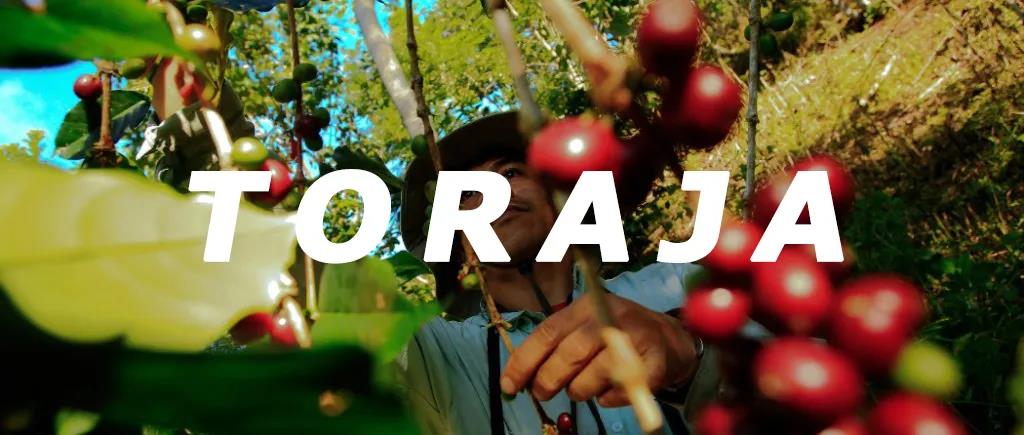
The coffee beans produced by Toraja are also rare boutique beans in the world, with an annual output of about 1000 metric tons. They are distributed in the rugged slopes of the middle and southwest of Sulawesi Island at an altitude of about 1200m. It is not easy to plant and harvest beans, with an average annual yield of only 300kg per hectare. Semi-washing treatment is a common treatment in Sulawesi Island. The local area also produces a lot of Rob beans, and the name of this place is most commonly used as a representative of Sulawesi coffee. Sulawesi Tuojia's boutique coffee beans have bright acidity, distinct layers, strong caramel sweetness, while the mellow flavor of herbs and spices converges a lot, with a slight floral flavor.
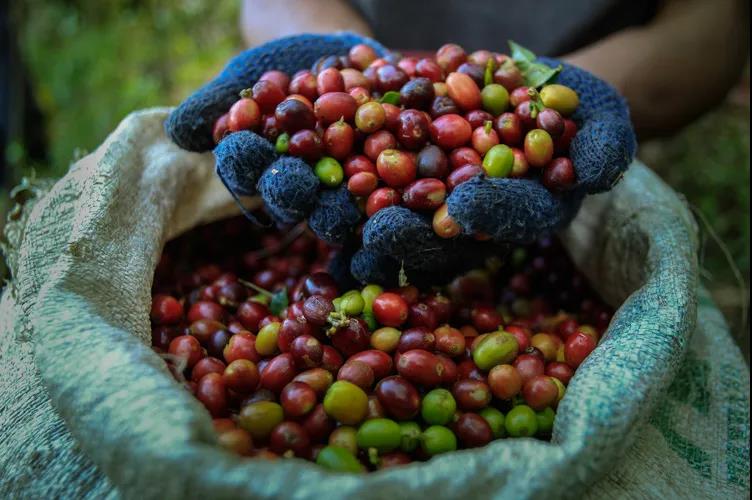
Tobuja has three famous estates, Pt kapal Api: 2000 hectares of coffee plantations; CSR: 1100 hectares of coffee fields; and Japan's Key Coffee manor Toarco Jaya: 700 hectares of coffee plantations. In other words, the coffee produced by Tohija is more precious than gold manning.
Semi-washing treatment
Because it is located on a plateau with extremely inconvenient transportation, most of the Toraja coffee beans are harvested by farmers who use hand pulpers to peel off the pulp of the coffee, then soak the berries in a basin, put them in a plastic bag to ferment, and then dry them with parchment.
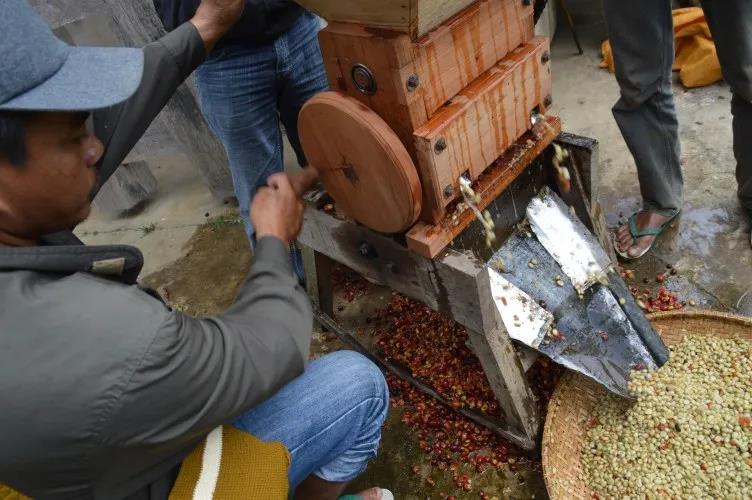
After drying (water content between 11-13%), it is transported from the mountainous area to Caloxi at the foot of the mountain, where it is sold to intermediaries or processing plants for follow-up processing and refinement, so the Kalosi area has become an important coffee distribution center. This is why some people call Toraja Coffee Kalosi Coffee.
Qianjie baking suggestion
In addition to the visible dark green, the appearance of Toraja raw beans shows low acidity, thick taste and soft and long fruit flavor, which highlights the uniqueness of Sulawesi Toraja coffee, which is different from Sumatra Manning.
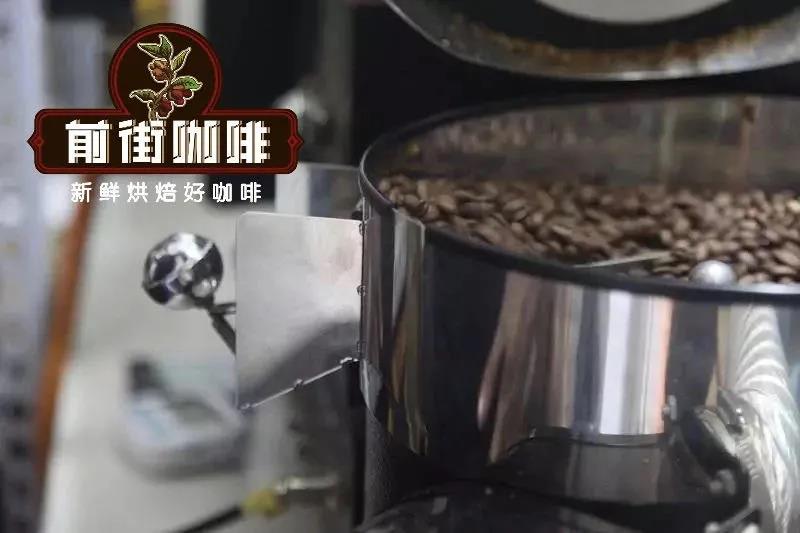
Mild acidity with some ripe grape flavor, clean but solid taste, the latter part of the caramel sweetness, lingering in the mouth. The Qianjie baker recommends medium roasting of Sulawesi coffee beans.
The suggestion of cooking in Qianjie
Filter cup: V600001
Water temperature: 90-91 ℃
Powder content: 15g
Powder / water ratio: 1:15
Degree of grinding: medium and fine grinding (Chinese standard No. 20 screen pass rate 80%)
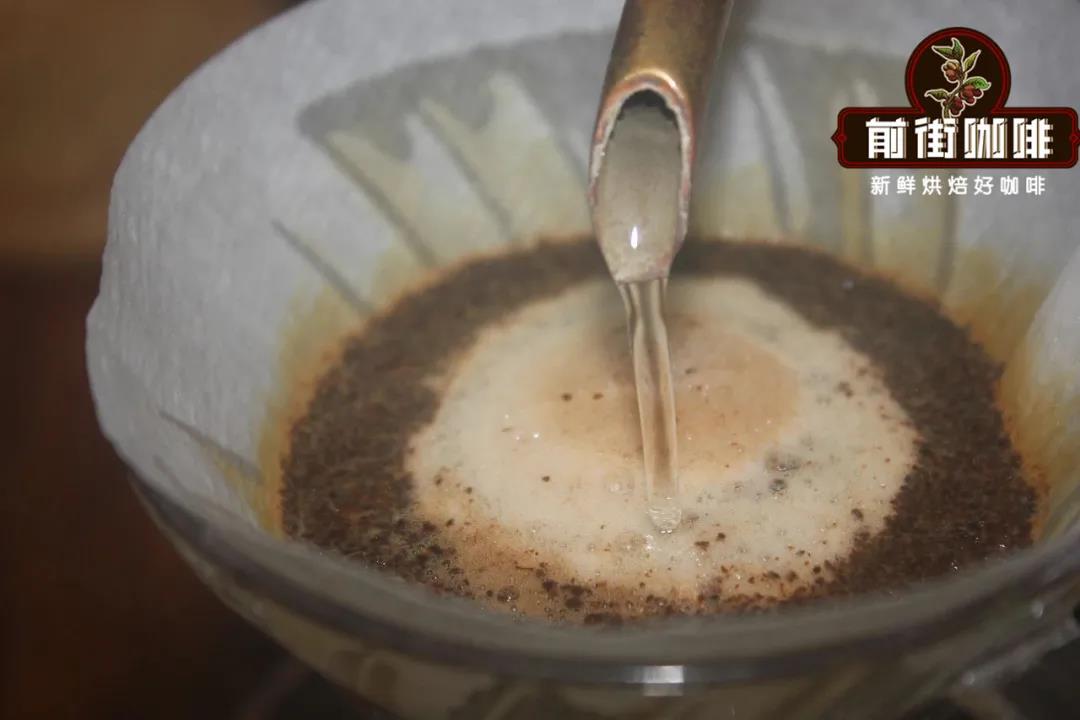
Qianjie three-stage extraction technique: steaming with 30 grams of water for 30 seconds, small water injection to 125 grams for segments (when the timer time is about 1: 39 / 00), when the water level is about to reveal the powder bed, continue to inject water to 225 grams (at this time the timer time is about 1 / 39 / 39). 50 "), when the water level is about to be exposed to the powder bed, remove the filter cup, (the steaming starts to time) the extraction time is 2 minutes 39 percent 00"-2 minutes 39 percent 10 ".
For more boutique coffee beans, please add private Qianjie coffee on Wechat. WeChat account: kaixinguoguo0925
Important Notice :
前街咖啡 FrontStreet Coffee has moved to new addredd:
FrontStreet Coffee Address: 315,Donghua East Road,GuangZhou
Tel:020 38364473
- Prev
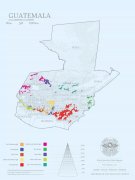
Characteristics of Guatemalan Coffee Flavor in Guatemalan Coffee producing area of volcanic Geological soil & suggestion of brewing
For more information on coffee beans, please follow the Coffee Workshop (official Wechat account cafe_style) Guatemala is home to tropical rain forests, volcanic soils and ever-changing microclimate, bringing Guatemalan coffee beans elegant and lively acidity, clean and odor-free, layered coffee flavor. Several different kinds of Guatemala were purchased some time ago in Qianjie Coffee.
- Next
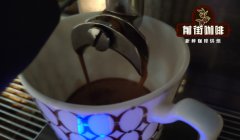
Will drinking coffee increase the burden on the heart? Can I have coffee for a heart attack? How much coffee is consumed?
You may have heard that coffee causes a rapid heartbeat and an abnormal heart rate. But let's take a look at the latest research results. Lead researcher Gregory Marcus said: health care workers often advise against drinking coffee to avoid arrhythmias, but in fact we can't find evidence that coffee drinkers have a higher risk of arrhythmias. University of California
Related
- Beginners will see the "Coffee pull flower" guide!
- What is the difference between ice blog purified milk and ordinary milk coffee?
- Why is the Philippines the largest producer of crops in Liberia?
- For coffee extraction, should the fine powder be retained?
- How does extracted espresso fill pressed powder? How much strength does it take to press the powder?
- How to make jasmine cold extract coffee? Is the jasmine + latte good?
- Will this little toy really make the coffee taste better? How does Lily Drip affect coffee extraction?
- Will the action of slapping the filter cup also affect coffee extraction?
- What's the difference between powder-to-water ratio and powder-to-liquid ratio?
- What is the Ethiopian local species? What does it have to do with Heirloom native species?

